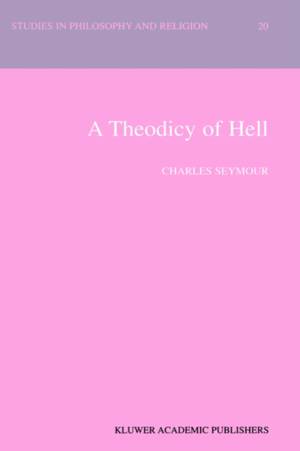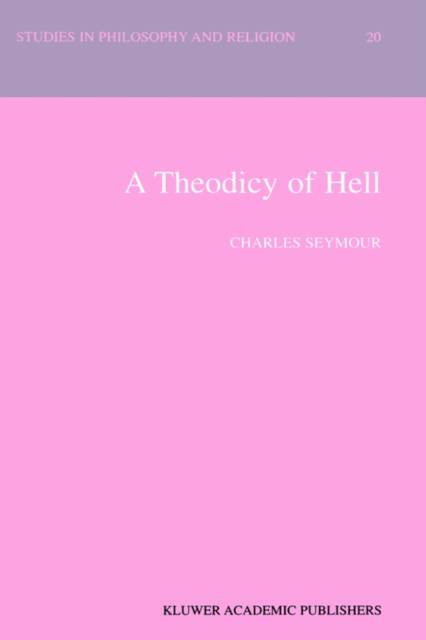
- Afhalen na 1 uur in een winkel met voorraad
- Gratis thuislevering in België vanaf € 30
- Ruim aanbod met 7 miljoen producten
- Afhalen na 1 uur in een winkel met voorraad
- Gratis thuislevering in België vanaf € 30
- Ruim aanbod met 7 miljoen producten
Zoeken
€ 153,95
+ 307 punten
Omschrijving
In A Theodicy of Hell Charles Seymour tackles one of the most difficult problems facing the western theistic tradition: to show the consonance between eternal punishment and the goodness of God. Medieval theology attempted to resolve the dilemma by arguing that any sin, no matter how slight, merits unending torment. Contemporary thinkers, on the other hand, tend to eliminate the retributive element from hell entirely. Combining historical breadth with detailed argumentation, the author develops a novel understanding of hell which avoids the extremes of both its traditional and modern rivals. He then surveys the battery of objections ranged against the possibility of eternal punishment and shows how his `freedom view of hell' can withstand the attack. The work will be of particular importance for those interested in philosophy of religion and theology, including academics, students, seminarians, clergy, and anyone else with a personal desire to come to terms with this perennially challenging doctrine.
Specificaties
Betrokkenen
- Auteur(s):
- Uitgeverij:
Inhoud
- Aantal bladzijden:
- 210
- Taal:
- Engels
- Reeks:
- Reeksnummer:
- nr. 20
Eigenschappen
- Productcode (EAN):
- 9780792363644
- Verschijningsdatum:
- 31/08/2000
- Uitvoering:
- Hardcover
- Formaat:
- Genaaid
- Afmetingen:
- 156 mm x 234 mm
- Gewicht:
- 498 g

Alleen bij Standaard Boekhandel
+ 307 punten op je klantenkaart van Standaard Boekhandel
Beoordelingen
We publiceren alleen reviews die voldoen aan de voorwaarden voor reviews. Bekijk onze voorwaarden voor reviews.











